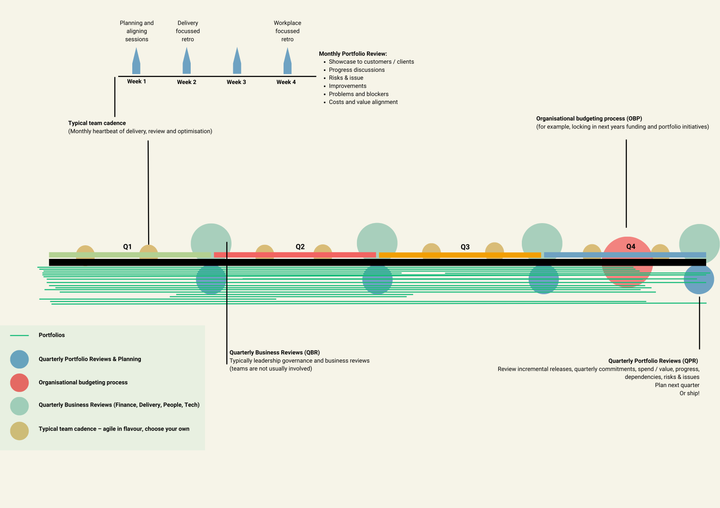Teaching Methods That Work
This essay explores practical teaching approaches — conversation, demonstration, practice, comparison, review, and story — that shape understanding, attention, and behaviour change.

Editorial Note: This essay sits in the Learning strand of the Cultivated library. It explores teaching as a craft — not performance, not facilitation window dressing, but the deliberate design of attention, comprehension, and change.
Teaching Methods That Work
I’ve spent much of my career teaching in workshops
— in conference rooms, company offices, and community spaces.
Over time, I became less interested in what I was teaching and more fascinated by why certain sessions actually worked.
Charm helps.
Energy helps.
But neither explains sustained learning.
Teaching, I’ve learned, is a design problem.
The real work is not content.
It is attention, structure, and comprehension.
The Conditions for Learning
Learning fails for predictable reasons.
Dullness drains attention. Without attention, nothing is learned.
Variety matters because people do not learn in the same way.
Context shapes method — not every technique fits every subject.
Comprehension must be checked — otherwise teaching becomes performance.
These are not pedagogical theories.
They are observable facts.
Conversation as Teaching
A good conversation can teach faster than a lecture.
But conversation is not the same as wandering discussion.
Questions anchor attention.
Dialogue reveals misunderstanding.
Silence often signals confusion.
The teacher’s role is not to speak, but to guide the conversation toward clarity.
Exemplars and Demonstration
Explanation is fragile.
Demonstration is durable.
Showing what “good” looks like creates a reference point that words cannot.
People learn by imitating competence before they understand theory.
This is why apprenticeships endure.
Practice as Understanding
Learning stabilises through action.
Practical activities create friction, discovery, and memory.
They allow people to encounter the idea, not just hear it.
The design of the activity matters more than the volume of content around it.
Comparison as Sense-Making
Putting two approaches side by side creates insight.
Trade-offs become visible.
Complexity becomes navigable.
Judgement develops.
Comparison is not teaching answers.
It is teaching judgment.
Review as Reinforcement
Understanding is temporary unless revisited.
Short reviews anchor knowledge before it decays.
They expose gaps while they are still repairable.
Teaching without review is optimism masquerading as instruction.
Stories and Visuals
Facts explain.
Stories move.
Visuals compress meaning.
Stories create emotional memory.
Visuals reduce cognitive load.
Both are tools for attention
— and attention is the gatekeeper of learning.
Teaching as Craft
Teaching is not a single method. It is a choreography of methods, chosen in response to subject, audience, and moment.
Plans matter.
Adaptation matters more.
Rigid adherence to a plan creates dullness.
No plan creates chaos.
The craft sits between.
Teaching is not performance.
It is the quiet architecture of understanding.
This piece forms part of Cultivated’s wider body of work on how ideas become valuable, and how better work is built.
To explore further:
→ Library — a curated collection of long-form essays
→ Ideas — developing thoughts and shorter writing
→ Learn — practical guides and tools from across the work
→ Work with us — thoughtful partnership for teams and organisations


